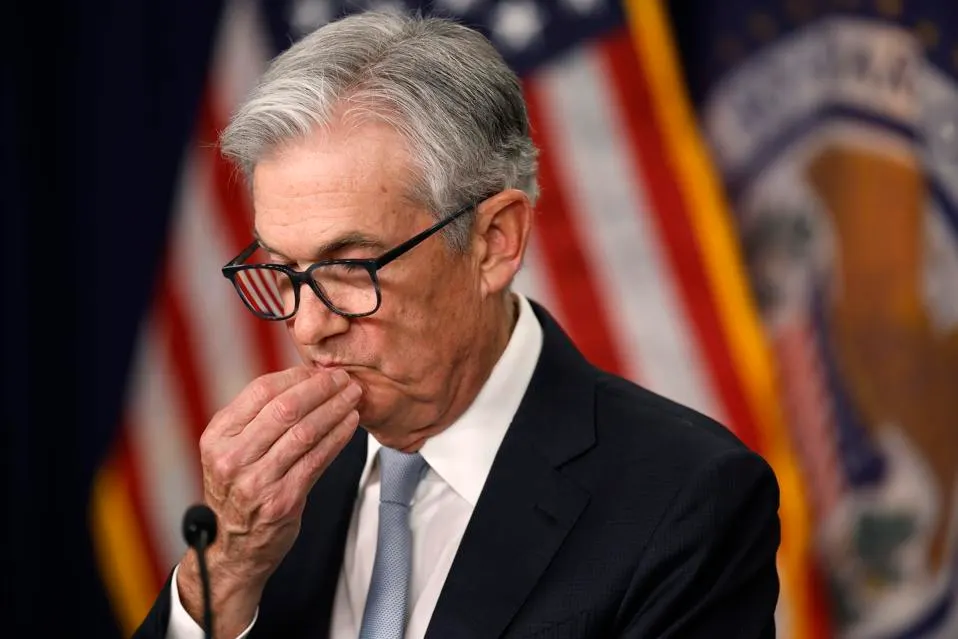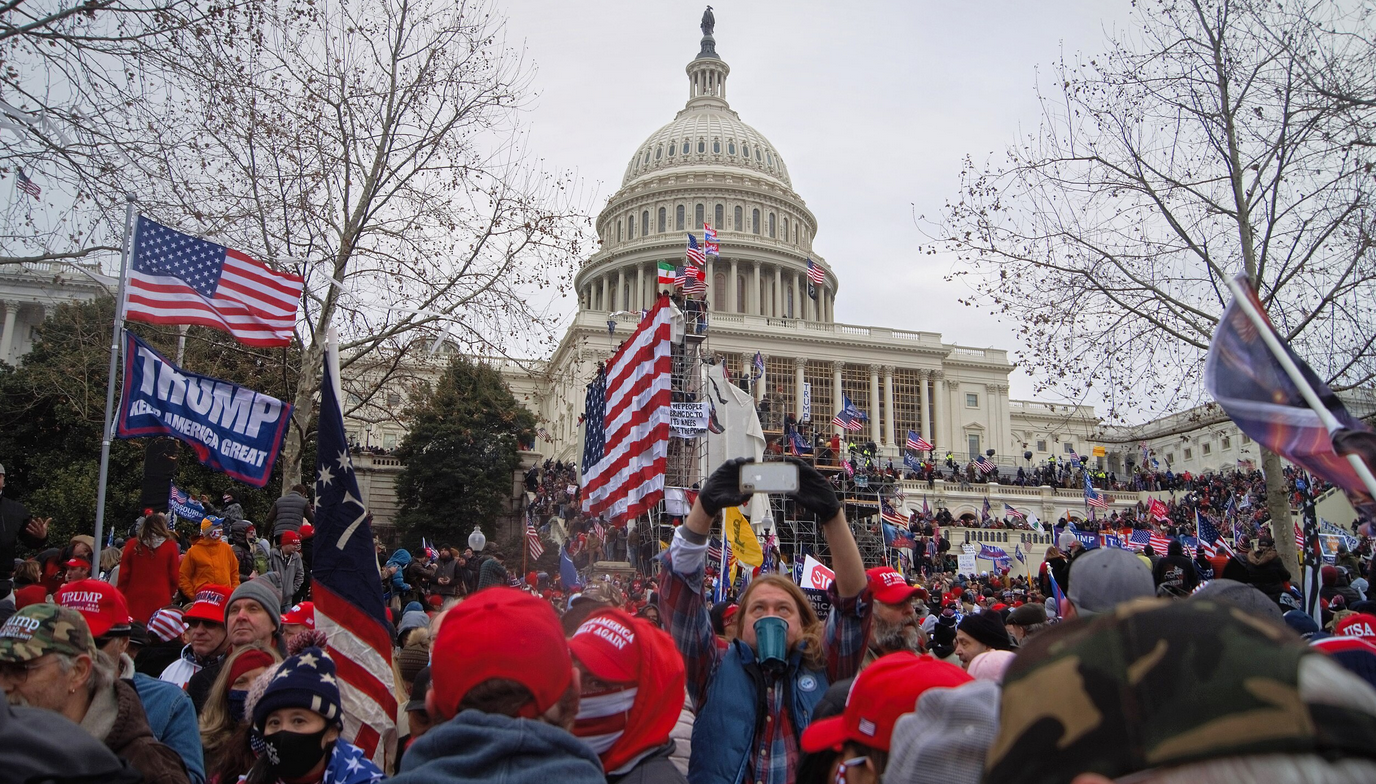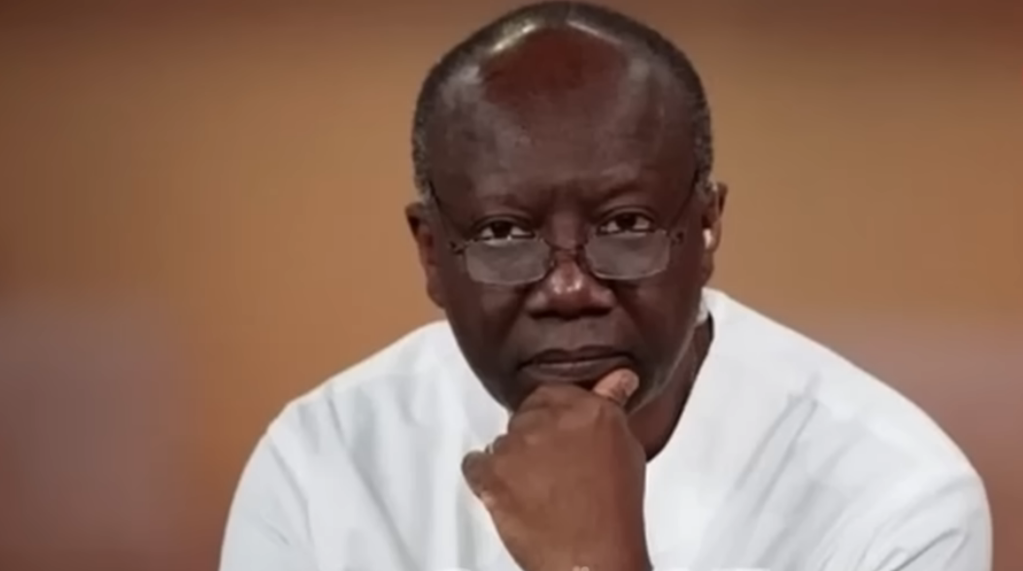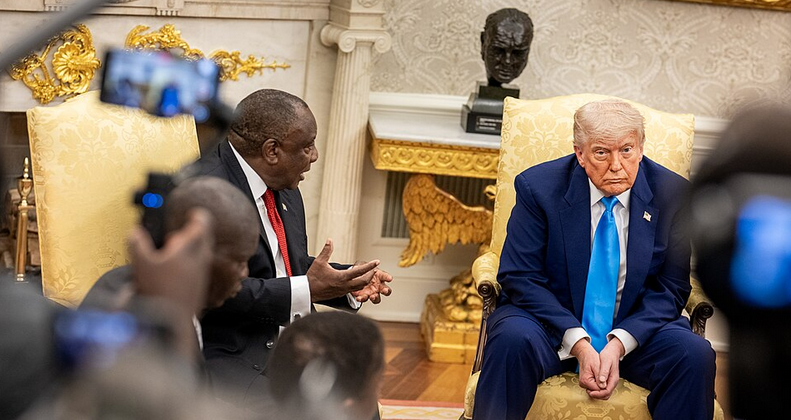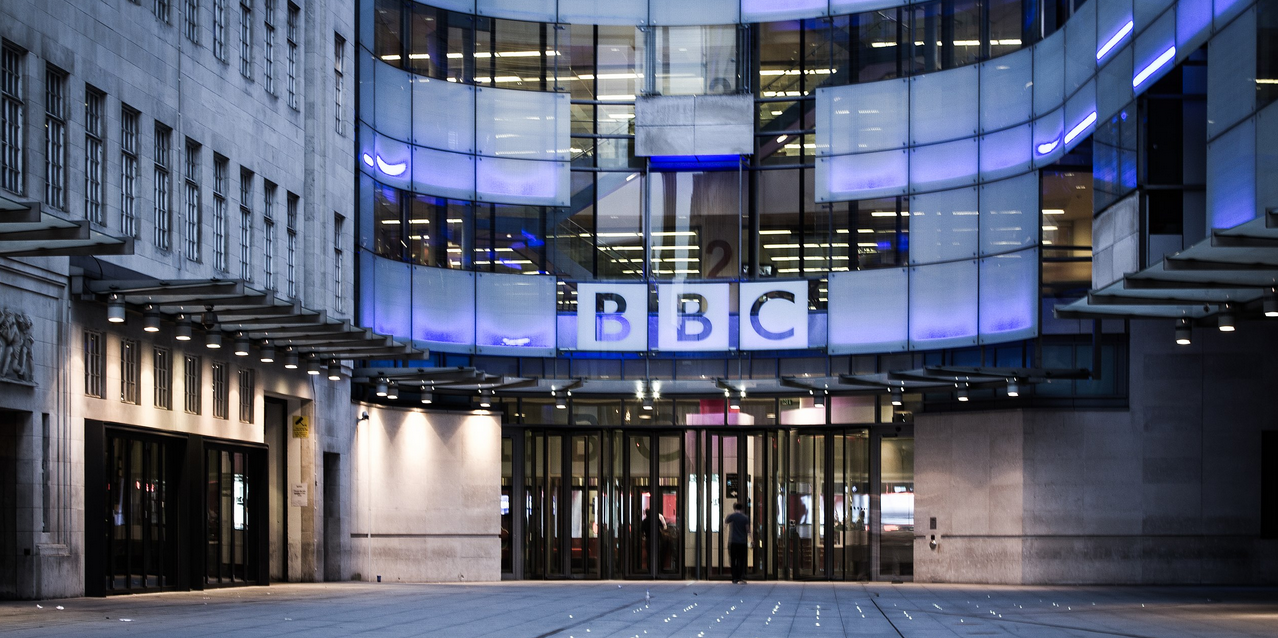As the US Federal Reserve gears up for its upcoming policy meeting, all eyes are on the
decisions that will be made regarding interest rates. Experts widely predict that the Fed will maintain its benchmark rate at 5.25-5.50%, the highest it has been in 23 years. This
decision comes amid persistent inflation and various economic indicators. Let’s explore the five major factors that will influence the Fed’s policy decision.
1. The Robust Jobs Market
The labor market plays a significant role in the Fed’s decision-making process. Recently, the Labor Department reported that the US created more jobs than expected in May. Specifically, non-farm payrolls increased by 272,000 jobs, while government payrolls rose by 43,000 positions. Additionally, the professional and business services sector added 32,000 jobs. Average hourly earnings also saw an increase, rising by 0.4% in May compared to a slower 0.2% in April. Over the past year, wages have increased by 4.1%, reflecting a robust job market. However, the unemployment rate did rise slightly to 4% in May from 3.9% in April.
2. Strong Growth Indicators
The World Bank recently raised its 2024 global growth outlook due to the strong performance of the US economy. The forecast for US growth in 2024 is now at 2.5%, matching the pace of 2023 and significantly higher than the January forecast of 1.6%. These strong growth indicators suggest that the Fed may keep rates higher for longer to ensure that the economy continues to grow steadily without overheating.
3. Persistent Inflation Trends
Inflation remains a critical concern for the Fed. Despite efforts to control it, inflation continues to exceed the Fed’s 2% target. In April, the US personal consumption expenditures (PCE) index, a key measure of inflation, rose by 0.3%. On a yearly basis, the PCE price index increased by 2.7%, maintaining the same pace as in March. Additionally, the US Labor Department is set to release the Consumer Price Index (CPI) data for May, which will be a crucial indicator for the Fed’s decision.
4. Geopolitical Tensions
The ongoing geopolitical scenario, including the Russia-Ukraine war and the conflict in West Asia (Israel-Hamas conflict), continues to pose significant risks. Any escalation in these conflicts could lead to a spike in crude oil prices, further complicating the Fed’s efforts to control inflation. The Fed will have to consider these external risks when making its policy decisions.
5. Market Reactions
Market indicators, such as bond yields, play an essential role in the Fed’s considerations. Recently, stronger-than-expected payroll data and diminishing hopes for rate cuts have kept bond yields high. The Fed will closely monitor these yields as they reflect market sentiment and economic expectations. The Federal Open Market Committee (FOMC), responsible for reviewing the economic conditions of the US, will take these factors into account as it formulates its monetary policy.
Economists’ Perspectives on the Fed’s Rate Cut Probability
Many economists believe that the Fed will not announce any changes to its policy rate in the next meeting scheduled for July. Amit Goel, Co-Founder & Chief Global Strategist at Pace 360, stated, “The June meeting will be one of the most pivotal events this year as Federal Reserve Chair Jerome Powell may provide the clearest hint about the rate-cut timetable.” Analysts expect the new dot plot to indicate two 25-basis-point cuts this year, down from three in the March version.
The Role of Inflation Data
The upcoming inflation data will be a critical factor in the Fed’s decision. An opinion poll conducted by Reuters suggests that economists expect headline consumer price inflation to ease slightly, dropping to 0.1% from 0.3% the previous month. This data will be released just before the Fed’s announcement and will provide crucial insights into the current inflation trends.
Impact on Global Markets
The Fed’s policy decisions have far-reaching impacts, including on global markets. For instance, Indian shares opened higher today, driven by gains in IT stocks sensitive to US interest rate policies. These stocks gained 1.25%, reflecting positive market sentiment ahead of the Fed’s announcement.
Conclusion
In conclusion, the US Federal Reserve’s upcoming policy decision will be influenced by several key factors, including the strong jobs market, persistent inflation, geopolitical tensions, and market reactions. As the Fed aims to balance economic growth with inflation control, all eyes will be on Federal Reserve Chair Jerome Powell and the insights he provides regarding future rate cuts. The outcome of this meeting will not only impact the US economy but also have significant implications for global financial markets.
